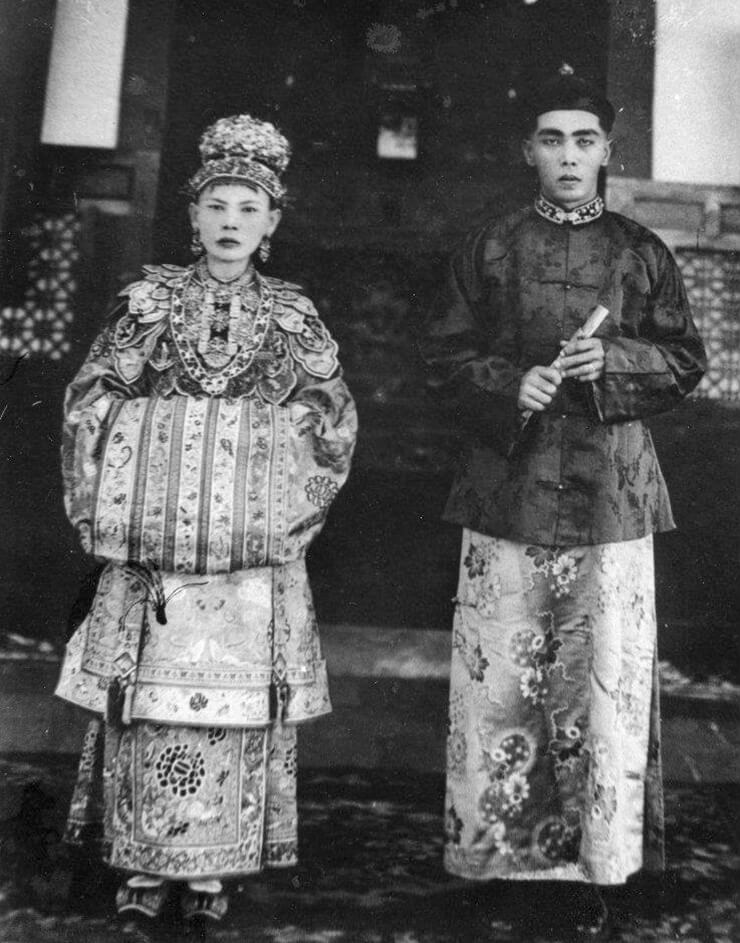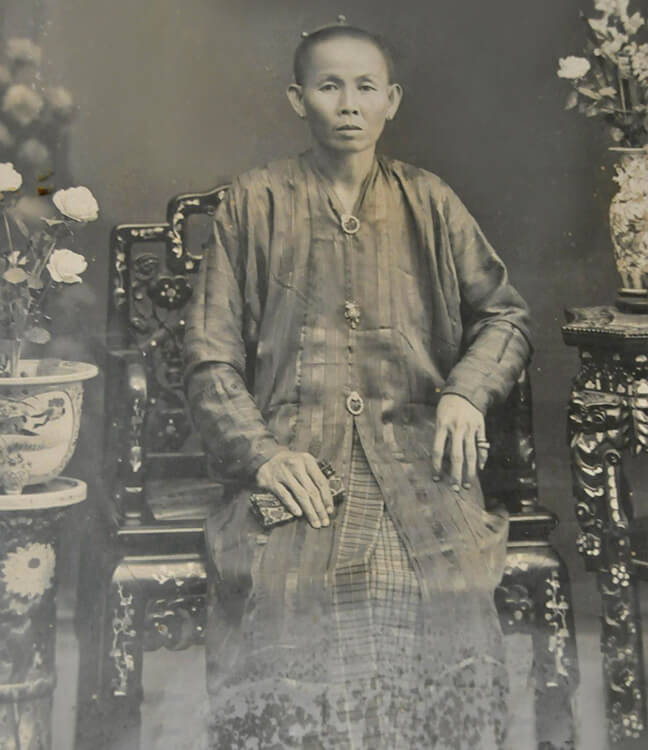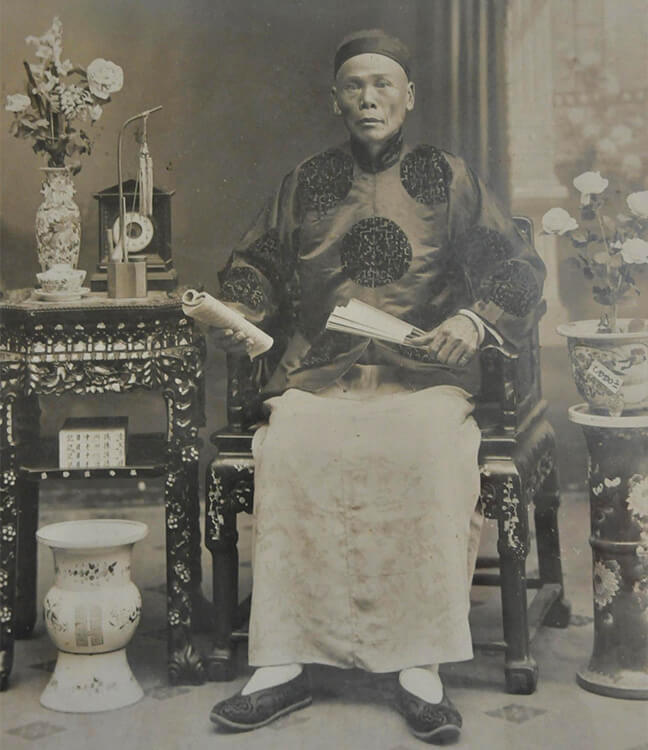The Peranakans, referred to as Baba and Nyonya, are an ethnic group defined by their genealogical descent from the first waves of Hoklo settlers in the Malay Peninsula and Indonesian Archipelago.
Peranakan culture, especially in the dominant Peranakan centers of Malacca, Singapore, Penang and Medan is characterized by its unique hybridization of ancient Chinese culture with the local cultures of the Nusantara region, the result of a centuries-long history of transculturation and interracial marriage.
Immigrants from the southern provinces of China arrived in significant numbers in the Nusantara region between the 15th and 17th centuries, taking abode in the Malay Peninsula and Southern Thailand, primaril in Phuket and Ranong. Intermarriage between these Chinese settlers and their Malay, Thai, Javanese or other predecessors in the region contributed to the emergence of a distinctive hybrid culture and ostensible phenotypic differences.
The Peranakans are considered a mixed-race or multiracial community, with the caveat that individual family histories vary widely and likewise self-identification with multiracialism (as opposed to Chineseness) varies widely.
Unique Dining Experience
Join us with a group of 8 diners, set in a private dining room with Peranakan artefacts, paintings, porcelain and décor.
Peranakan weddings are largely influenced by Chinese tradition. They are also some of the most colourful wedding ceremonies in Singapore and Malaysia. These weddings are also known as “Baba-Nyonya” weddings. “Baba” represents the males while “Nyonya” represents the females.
Traditionally, Peranakan weddings are deeply embedded in Confucian tenets of honouring and respecting deities, ancestors and elders. Like Chinese weddings, Peranakans place a great emphasis on choosing auspicious dates and timings for weddings. Such weddings are also usually a 12-day affair where different elaborate ceremonies and rituals are carried out.
Over the years, the Peranakan culture has evolved through natural adaption and adoption of the best of the various cultures. This ensures that modern weddings can still be personalised with the Peranakan heritage and feel. It gives the couple an opportunity to reconnect with their roots and pay tribute while having a trendy wedding.
These ceremonies and practices begin from the prenuptial activities right to the wedding day.they
Baba Pach and Nyonya Vivien embraced a traditional Peranakan Wedding in 1994 at Malacca. Both donned elaborate and intricate Peranakan Wedding costumes and accessories.




